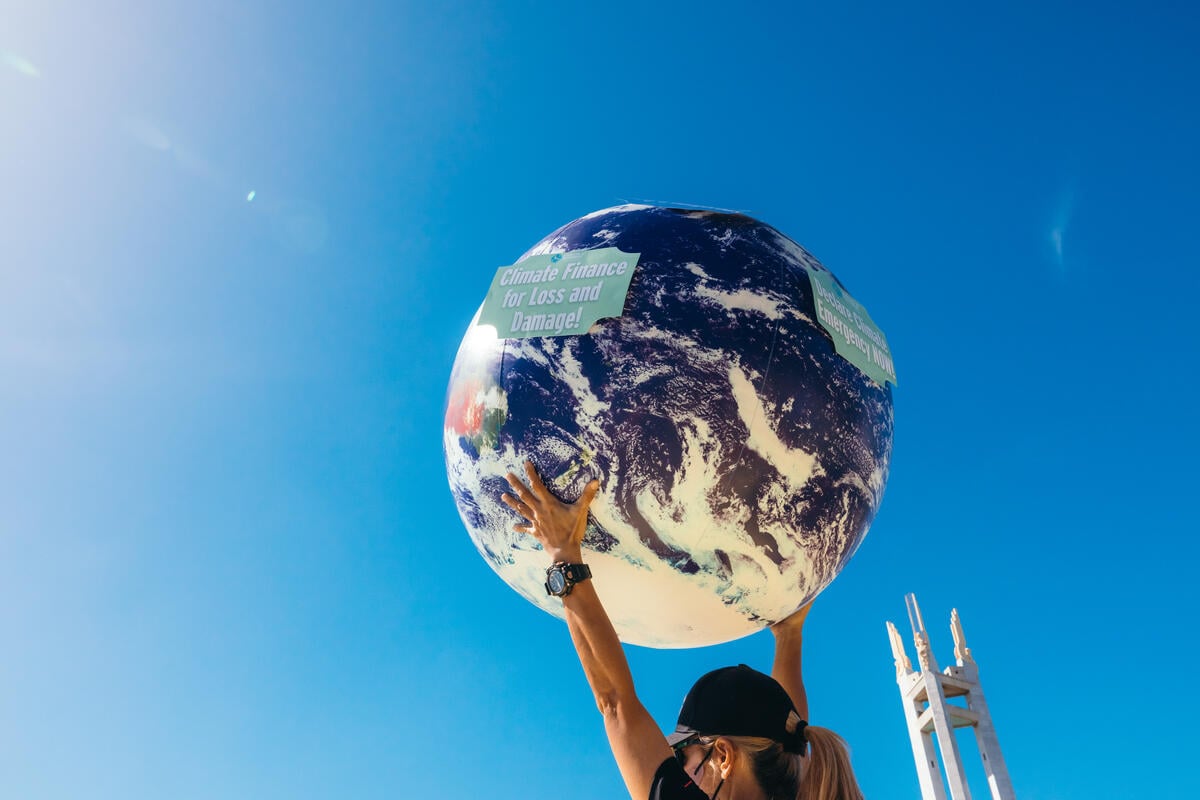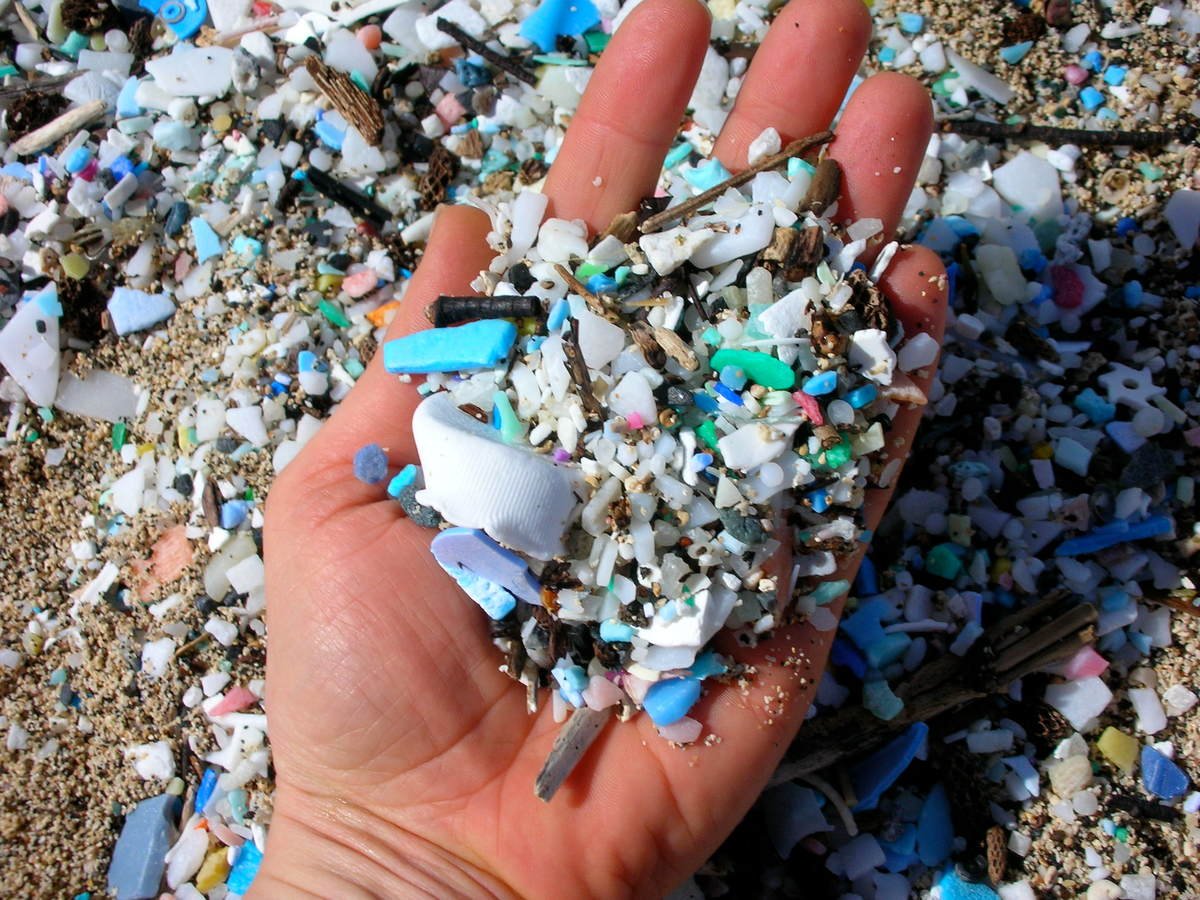Communities lead the way to a reuse-based economy ahead of treaty talks
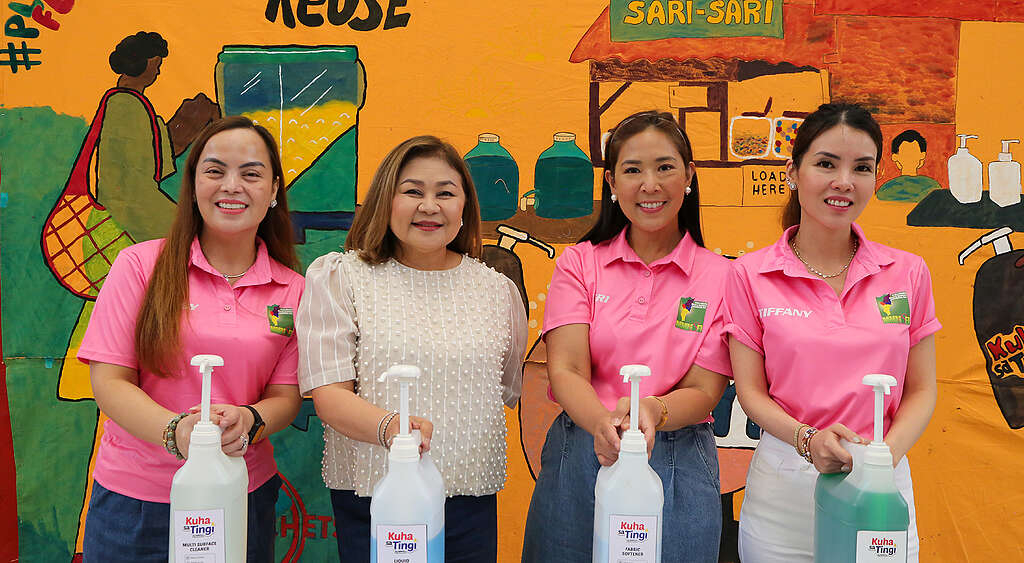
SAN JUAN, Philippines (29 August 2024) — As world leaders prepare to convene for the final United Nations negotiations of the Global Plastics Treaty this November, communities in the Philippines are taking decisive action to tackle the plastic crisis.
Building on the success of the “Kuha sa Tingi” project in San Juan City and Quezon City, the initiative is expanding to all cities across Metro Manila through a partnership between Greenpeace Philippines and the Metro Manila Mayors’ Spouses Foundation (MMMSF). The expansion of the project aims to reduce plastic pollution by promoting reuse and refill systems in local communities.
“The expansion of Kuha sa Tingi across Metro Manila is a testament to the strength of community-driven solutions. When we shift to refill and reuse systems, we are not just cutting down on plastic waste—we are building a future where people and the planet thrive together,” said Marian Ledesma, Zero Waste Campaigner at Greenpeace Philippines. “As the Global Plastics Treaty negotiations draw near, we hope that world leaders will take inspiration from these communities and prioritize a just transition to a reuse-based economy.”
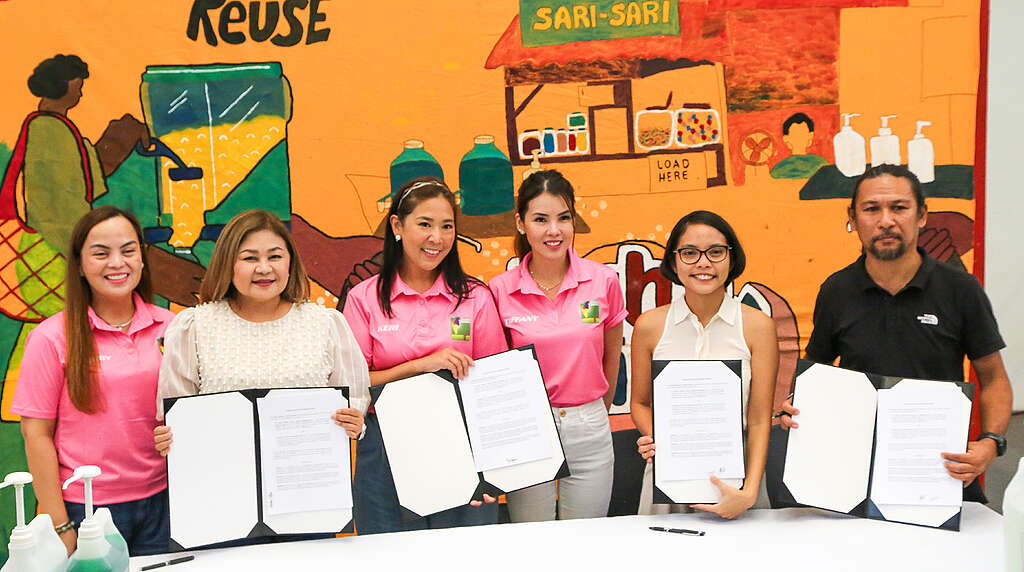
Starting in September, the project will begin installing refilling dispensers in barangays and sari-sari stores across Metro Manila, providing affordable and accessible refill options for household essentials like liquid detergent, dishwashing liquid, fabric conditioner, and multipurpose cleaner. This expansion demonstrates the impact of grassroots solutions in combating plastic pollution, particularly plastic sachets, with environmental and socioeconomic benefits for local communities.
In the Philippines, where companies aggressively market sachets, the absence of meaningful policies to curb sachet production has led to an estimated 164 millions sachets consumed daily, on top of the long list of other single-use plastics produced by corporations.[1] The Kuha sa Tingi project is designed to replace sachets with real, sustainable alternatives by installing refill stations in sari-sari stores, where consumers can conveniently refill their own reusable containers. This system empowers consumers to make environmentally friendly choices without compromising on convenience or cost, while also boosting local livelihoods.
Pilot runs of Kuha sa Tingi in Quezon City and San Juan City have already shown promising results. Sari-sari store owners reported an increase in profits, and participating households saw significant savings by opting for refill options over sachets.[2] By expanding this initiative across Metro Manila, the project aims to create a sustainable system that benefits both the environment and the economy.
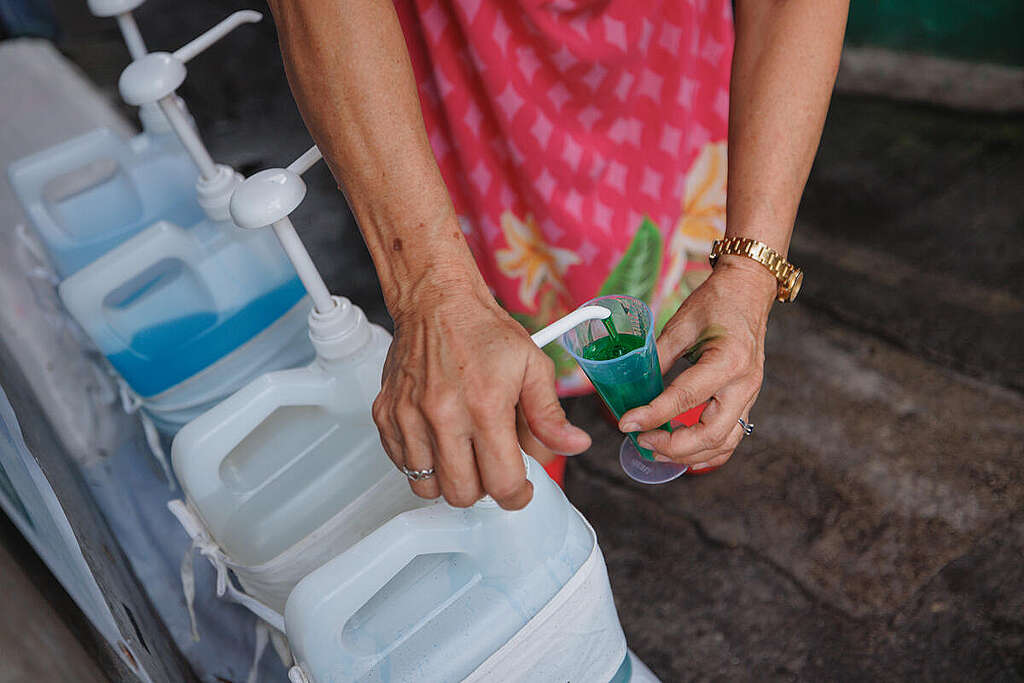
Keri Zamora, President of MMMSF, said: “By promoting reuse and refill, we are not only reducing plastic waste but also empowering our communities to embrace a culture of reuse and responsibility. This initiative reflects MMMSF’s commitment to environmental stewardship and the well-being of our people. We are proud to be a partner for this project and we hope to set an example in making this vision of a plastic-free future a reality for Metro Manila.”
As Kuha sa Tingi continues to develop, it has caught the attention of stakeholders in local platforms and global spaces, such as regional webinars and events parallel to the Plastics Treaty. The project’s proponents believe that this model can be replicated nationwide and eventually influence broader policy decisions, including the much-anticipated Global Plastics Treaty.
With the world watching, Filipino communities are showing that the shift to a plastic-free future is possible—and that grassroots solutions can be inspirations to solving global problems.
###
Photos:
You may download the photos below. Please credit the photos accordingly.
Press Launch Photos: © Miguel de Guzman / Greenpeace
Kuha sa Tingi Photos: © Jilson Tiu / Greenpeace
Notes to editors:
[1] GAIA, Plastics Exposed: How Waste Assessments and Brand Audits Are Helping Philippine Cities Fight Plastic Pollution, 2019, www.no-burn.org/wp-content/uploads/Plastics-Exposed-2nd-Edition-Online-Version.pdf
[2] Greenpeace Philippines, Kuha sa Tingi: Bringing Back Sustainability Into Filipino Tingi Culture, 2024. Download the report: act.gp/reuserefill
For requests for interviews and other information, please contact:
Eunille Santos, Greenpeace Philippines Communications Campaigner
[email protected] | +63 9175411248

